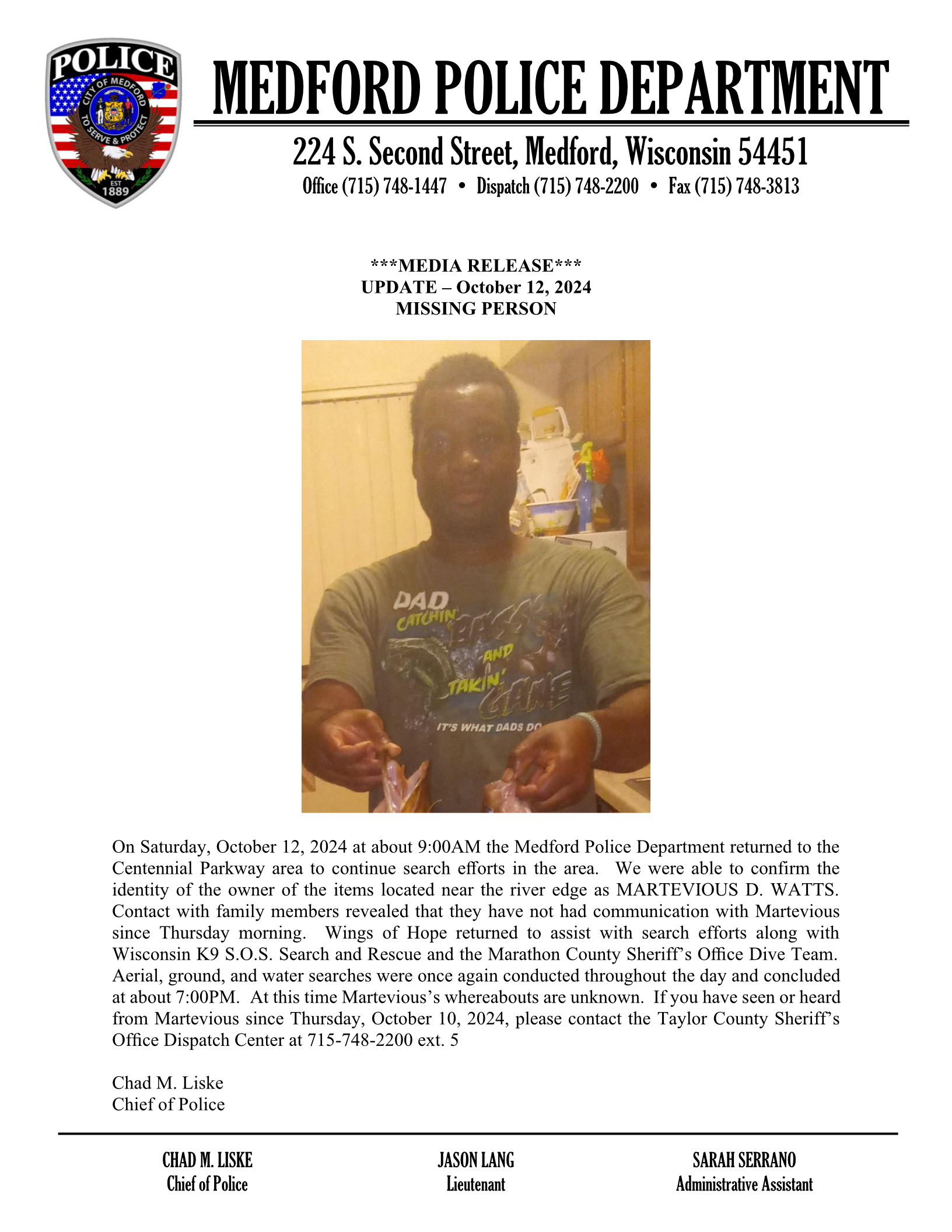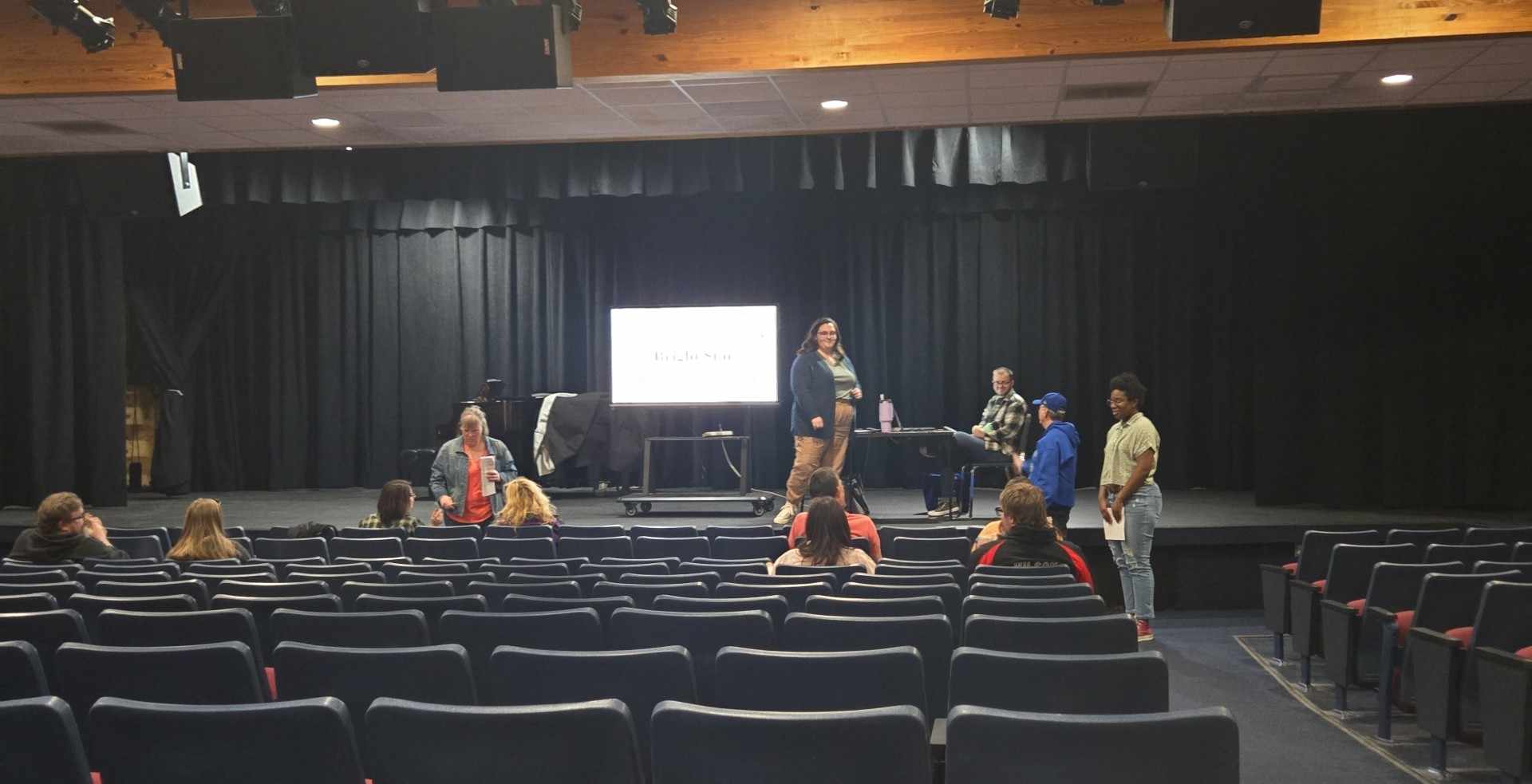Collared deer legal to harvest during season
During the 2020 hunting season, hunters may spot deer that are equipped with radio collars. Collared deer are part of a mortality study in the Wisconsin DNR and are legal to hunt, with a standard Wisconsin hunting license and harvest authorization.
The DNR Office of Applied Science is conducting a long-term mortality study, called the Southwest Wisconsin Chronic Wasting Disease (CWD), Deer and Predator Study. Researchers are investigating factors like CWD, predation and hunter harvest, and what degree these affect survivorship in deer. The project crew has put GPS collars on almost 850 deer across the southwest region of the state.
“One of our study objectives, is to determine what proportion of our deer herd is harvested each year, and how exactly that differs, according to how old the deer is, between bucks and does, and between deer that are CWD-infected and those that are not,” said DNR deer research scientist Daniel Storm. “That objective depends on hunters essentially treating collared deer like any other deer, when deciding whether or not to harvest.”
Deer that are collared as part of the study are legal to harvest. Standard licensing and harvest regulations apply to collared deer, just as they do to uncollared deer. Anyone who harvests a collared deer, is asked to call the number on the collar, so that a crew member can retrieve it. The number to call is 608-935-1940.
The DNR recommends testing for CWD for collared and uncollared deer. CWD is a transmissible type of spongiform encephalopathy that causes fatal brain and nervous system degeneration in ungulate species like deer, elk and moose.
CWD testing is typically only done post-mortem. The DNR needs to test as many deer as possible for the disease to better understand CWD in Wisconsin. To that end, getting deer tested is an important step.
For more information about CWD sampling, visit the DNR webpage.



